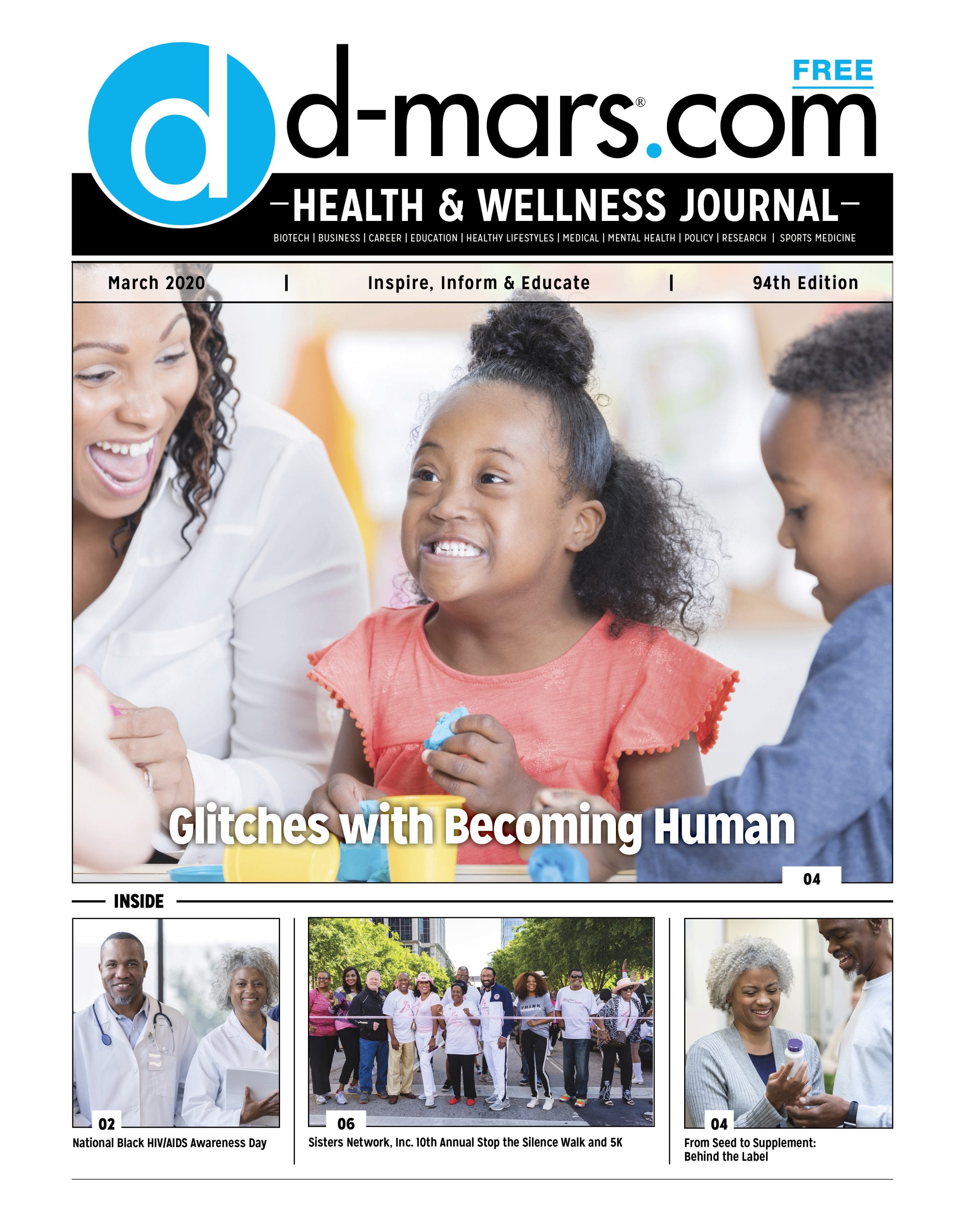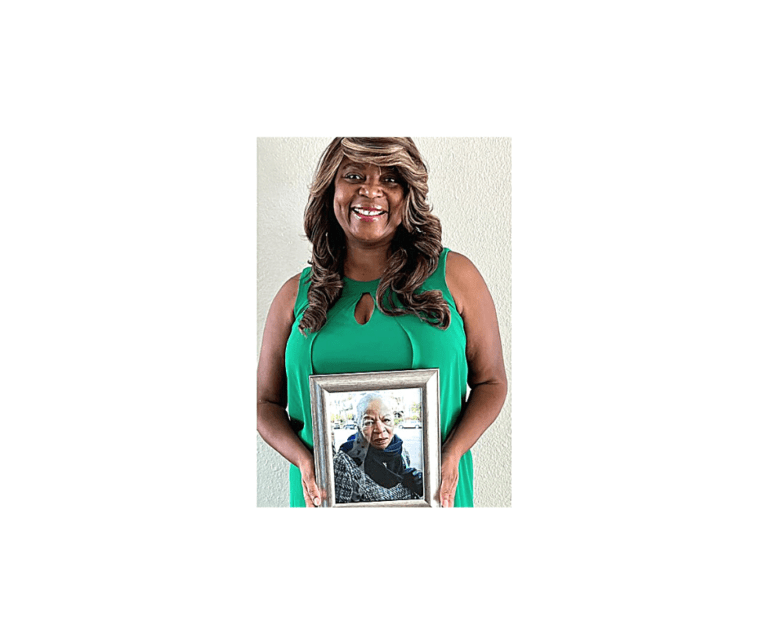By: d-mars.com
News Provider
There was a high number of genetic mutations detected in COVID samples from Denmark and Israel. The new variant has been detected in 23 cases in seven countries, including three in the United States. As of yet, no cases have been identified in Houston wastewater or through Houston Methodist’s genome sequencing efforts.
It’s still too early to tell whether the new variant is more transmissible or severe than the current strains. According to the Centers for Disease Control and Prevention, hospitalizations have not increased in areas where the variant has been detected. Scientists believe the new strain is spreading faster than data indicates because it appears in multiple countries at a time when genetic sequencing efforts have slowed.
Mutations in this strain may allow it to evade immunity from recent infections or vaccinations. In early 2022, a record-breaking number of cases and hospitalizations across the country was caused by the delta mutation and the omicron mutation, which had approximately the same number of genetic differences.
According to Dr. Wesley Long, a pathologist at Houston Methodist, “eye-catching combinations” are nothing new. In the pandemic, many heavily mutated strains failed to overtake dominant strains.
“Even if it is more evasive, pretty much everyone at this point has some level of immunity and some level of memory cells to COVID-19,” he said. “So with that sort of evasion, it could just mean you’d be more likely to get a symptomatic infection than not.”
What impact will the new strain have on the fall COVID vaccine rollout?
An updated vaccine, specifically designed for the XBB-lineage of the omicron variant, is anticipated to be available shortly after a CDC advisory panel convenes on September 12 to vote on recommended guidelines. The targeted strain, XBB1.5, is currently being surpassed by other variants, such as EG.5 and FL.1.5.1, which belong to the same family as XBB.
Therefore, the new vaccine is expected to provide adequate protection, according to Long. The efficacy of the upcoming vaccine against the new variant, BA.2.86, remains uncertain. However, Long believes that enhancing overall COVID-19 immunity will help protect against any variant to some extent. Only 17 percent of Americans received the last updated COVID shot, which became available in September 2022.
Nonetheless, even when a vaccinated person contracts the virus, their symptoms are less severe and shorter-lived than those of an unvaccinated person, as per a recent study.
Is Houston still experiencing a COVID wave, and how severe is it?
Yes, Houston is still in the midst of a COVID wave. The viral load in Houston’s wastewater is 375 percent of the baseline established in July 2020, representing a nearly six-fold increase since late June and the highest level since January.
Infection levels appear to be declining at many of the city’s 31 wastewater treatment plants, with 18 plants showing a decreasing or unchanged viral load compared to the previous week. Texas Children’s Hospital is still seeing a high number of COVID admissions, with more than 20 COVID hospitalizations reported on Tuesday, up from about 10 patients per day earlier this month.
Additionally, Houston Methodist had 119 COVID patients on Tuesday, up from 107 the previous night. The full extent of COVID hospitalizations is difficult to measure since the Texas Medical Center stopped regularly publishing data. However, Dr. David Persse, Houston’s public health authority, stated that admissions in Houston are nowhere near the numbers seen earlier in the pandemic when wastewater values reached similar levels. He added that the individuals requiring hospitalization are typically older and more vulnerable.
What should parents consider with their children in school?
Parents should not panic, according to experts. They should closely monitor symptoms and test when appropriate. If a child or parent is unwell, they should stay home to prevent transmission. The new vaccine is expected to be approved for both children and adults this fall, providing the best defense against the virus. In the meantime, Dr. Peter Hotez, a vaccine researcher with Baylor College of Medicine and Texas Children’s Hospital, recommends wearing a mask in crowded indoor spaces. Basic mitigation measures, such as hand washing and mask-wearing, are especially crucial now, given that most Americans have not received a booster for at least a year, and many have not received any omicron booster.






